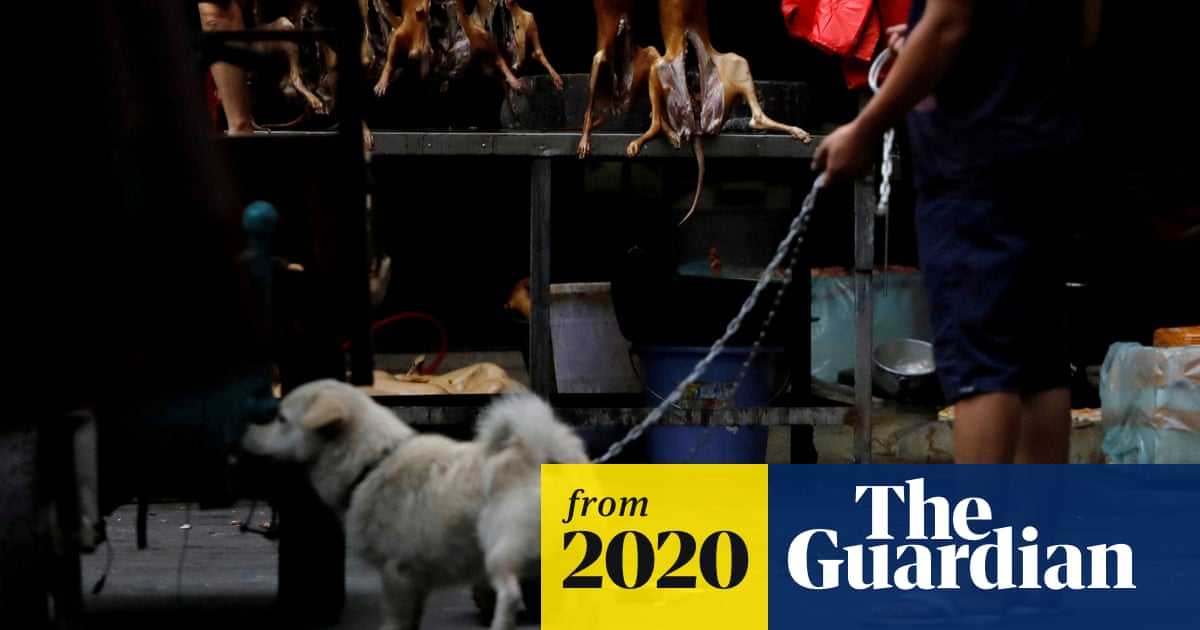Complex Cultural Traditions
Dog meat consumption has a long history in certain regions and ethnic groups in China. For the Korean-Chinese people in northeast China, eating dog meat shares close similarities with food culture in Korea. Dog meat dishes have traditionally been considered part of Korean cuisine, though younger generations in South Korea have increasingly moved away from the practice. In rural Yulin city in southern Guangxi province, raising and eating dogs was an integral part of local livelihoods and food traditions. With dogs playing working roles on farms rather than as pets, their use for meat was a natural extension. However, urbanization and changing perspectives have challenged these centuries-old customs in recent decades.

Changing Attitudes Meet Deep-Rooted Traditions
The rapid economic development and urbanization of China has fostered new attitudes towards dogs as companions rather than farm animals. A growing middle class has adopted Western ideas of dogs as pets. At the same time, traditional practices still hold deep meaning for some communities. Banning longtime customs risks damaging cultural heritage and livelihoods. However, unregulated dog meat trades have also faced criticism over animal welfare issues. Balancing modernization with cultural sensitivity poses challenges. While most Chinese no longer eat dog meat, some argue traditions should not be judged by foreign standards alone. Open dialogue and gradual shifts may better honor multiple perspectives.
Politics and Controversy Amplified an Issue
What began as a localized custom became embroiled in political controversy. Foreign activists and celebrities criticized the traditional Yulin dog meat festival. Some protests against the trade turned violent, angering locals. Politicians saw an opportunity to appeal to modern sensibilities, further fueling the debate. Suddenly, an issue that affected few directly took on outsized prominence. Merchants capitalized on new attention, renaming local solstices as a “festival” and marketing dog meat. Where consumption was once occasional, it was promoted as a spectacle. On both sides, views became polarized rather than nuanced.
Humane Standards and Alternative Livelihoods
Most agree that if dog eating continues, it should meet humane standards for animal welfare. Phasing out the brutality seen by some remains a priority. At the same time, dog farming provided livelihoods that cannot be abandoned without solutions. Some advocates work with farmers to transition to rearing other livestock. Compensation packages and skills training could facilitate more humane and sustainable alternatives. With openness and care for all stakeholders, tensions may lessen over time. Overall animal welfare, cultural preservation, and social stability must all be considered in policy debates around this complex issue.
Globalization’s Impact on Diets and Culture
As interconnectedness increases through technology and travel, globalization impacts traditional diets and customs worldwide. Regional specialties seen as unusual abroad face stigma or bans at home. However, diversity also diminishes as urban lifestyles homogenize. While some choices reflect personal health or ethics, others stem more from changing aesthetics. For minorities, adapting longtime identites carries greater significance. On dietary traditions, a cooperative approach considering multiple stakeholder perspectives offers the most constructive path forward. Cross-cultural exchange fosters understanding better than antagonism over differences.
Room for Understanding on All Sides
Debates around changing foodways illuminate the difficulties when tradition meets modernity. For dog eating groups and their opponents alike, open and empathetic discussion can help address valid concerns while preserving cultural autonomy where possible. Outsiders should avoid judging practices outside the norms of their own upbringing. At the same time, proponents of tradition must recognize globalization widens the range of ethical perspectives to consider. With compassion for varied viewpoints and flexible policymaking, communities worldwide can thoughtfully steer cultural evolution that respects history as society advances.

 Is Atlanta, Georgia Worth Visiting?
Is Atlanta, Georgia Worth Visiting?